Recent Blog Posts
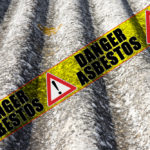
Plaintiff in Asbestos Trial Relies on Parker Standard in Successful Claim
The Parker v. Mobil Oil case continues to exhibit a substantial effect on toxic tort claims across New York. In a recent ruling, the Fourth Department of the New York Appellate Division upheld a jury award of damages to a plaintiff despite a lack of specificity in testimony regarding the level of asbestos exposure… Read More »

Court Looks at Whether Homeowners Retain Coverage after Move
A recent case before a trial judge of the New York Supreme Court in Steuben County asked the judge to determine whether the owners of a home were covered by their insurance policy after that home was destroyed by a fire. The case, titled Harrison v. Allstate Indemnity Co., was filed after Allstate disclaimed… Read More »
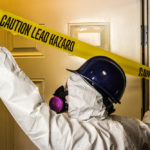
Recent Uptick in Public Nuisance Claim Filings Could Indicate Broader Trend
Attorneys and legal scholars in the fields of toxic torts and environmental law are taking note of the growing popularity of public nuisance claims. These experts believe that, in a climate where class action lawsuits are becoming less and less available, and public regulation of environmental issues is decreasing, public nuisance claims may become… Read More »
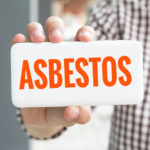
Appellate Division Rejects Toxic Exposure Claim Based on Insufficient Quantification of Exposure
Yet another court has offered an interpretation of the standard created by the Court of Appeals opinion in Parker v. Mobil Oil. The First Department (Manhattan and The Bronx) of the Appellate Division vacated a jury’s award of damages in an asbestos case, finding that the plaintiff’s expert testimony did not meet the Parker… Read More »
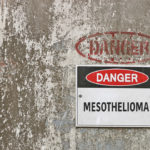
Lower Court Declines to Follow Parker v. Mobil Oil in an Asbestos Case
In a recent unpublished lower court opinion, Battistoni v. Aerco International, issued by Judge Peter Moulton of New York County Supreme Court, a mesothelioma plaintiff successfully defeated a motion for summary judgment despite an absence of quantification of exposure by the plaintiff’s expert witness. The court distinguished and declined to follow Court of Appeals… Read More »
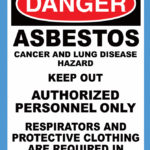
Court Allows Testimony from Expert That Defendants Claim is Based on “Single Fiber” Approach
A recent ruling by a Manhattan judge in the ongoing New York asbestos litigation denied a motion by defendants to bar testimony from an expert whom defendants assert will base her testimony on a “single fiber” or “any exposure” theory of causation. This decision is in contrast to a 2016 decision by another New… Read More »

Appellate Division Holds Pro Rata Liability Applies when there are Gaps in Coverage for a Continuous Long Term Pollution Claim Even if the Gap was Caused by the Unavailability of Insurance in the Marketplace
A recent decision before the First Department (Manhattan) of the New York Appellate Division has found that, in a case of environmental property damage occurring over the course of decades, the insured, rather than the insurer, is responsible for losses occurring during gaps in coverage even if the insured was unable to obtain insurance… Read More »
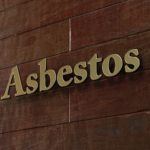
Federal Court Finds Three-Hour Exposure to Asbestos-Containing Product Fails to Establish Basis for Personal Injury Lawsuit
A federal court in New York’s Southern District has recently ruled that a plaintiff who could recall only a single three-hour incident of exposure to a defendant manufacturer’s product that may have contained asbestos was not sufficient to support causation of mesothelioma in a claim for damages against that manufacturer. The recently-decided case, Holzworth… Read More »

Failure to Disclose Environmental Cleanup held Fraudulent in As-Is Sale
A recent case caused the Appellate Division of the New Jersey Superior Court to consider whether a seller could be sued for failing to disclose an environmental cleanup on the property at issue, even where the property was sold as-is, and the fraud claim was brought over a decade after the purchase. The case,… Read More »

Third Parties May Have Greater Duty to Warn after Recent Case
Manufacturers have long understood that they have a duty under the law to warn customers and consumers that their products carry risk of injury or illness, if such a risk is known. Even where the risk is carried not by something the manufacturer has made, but by a component integrated into their product that… Read More »
